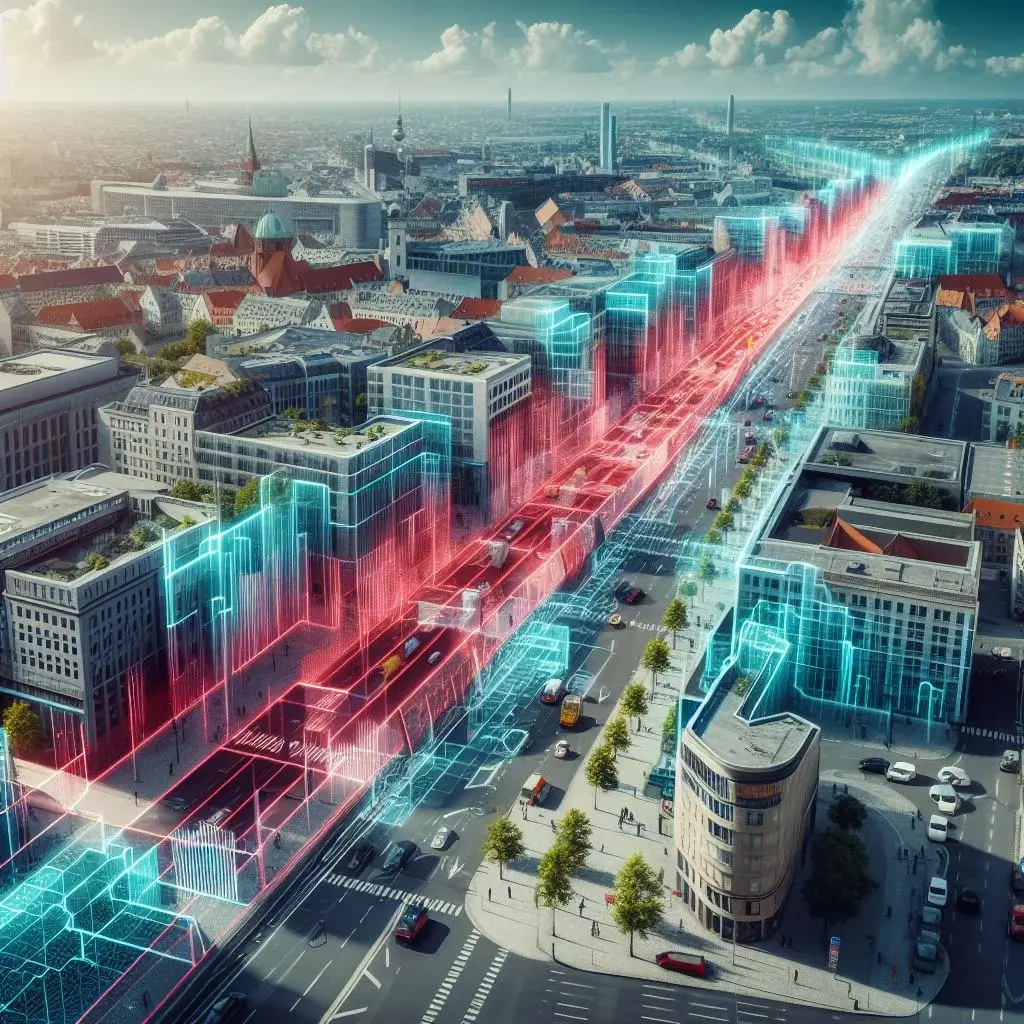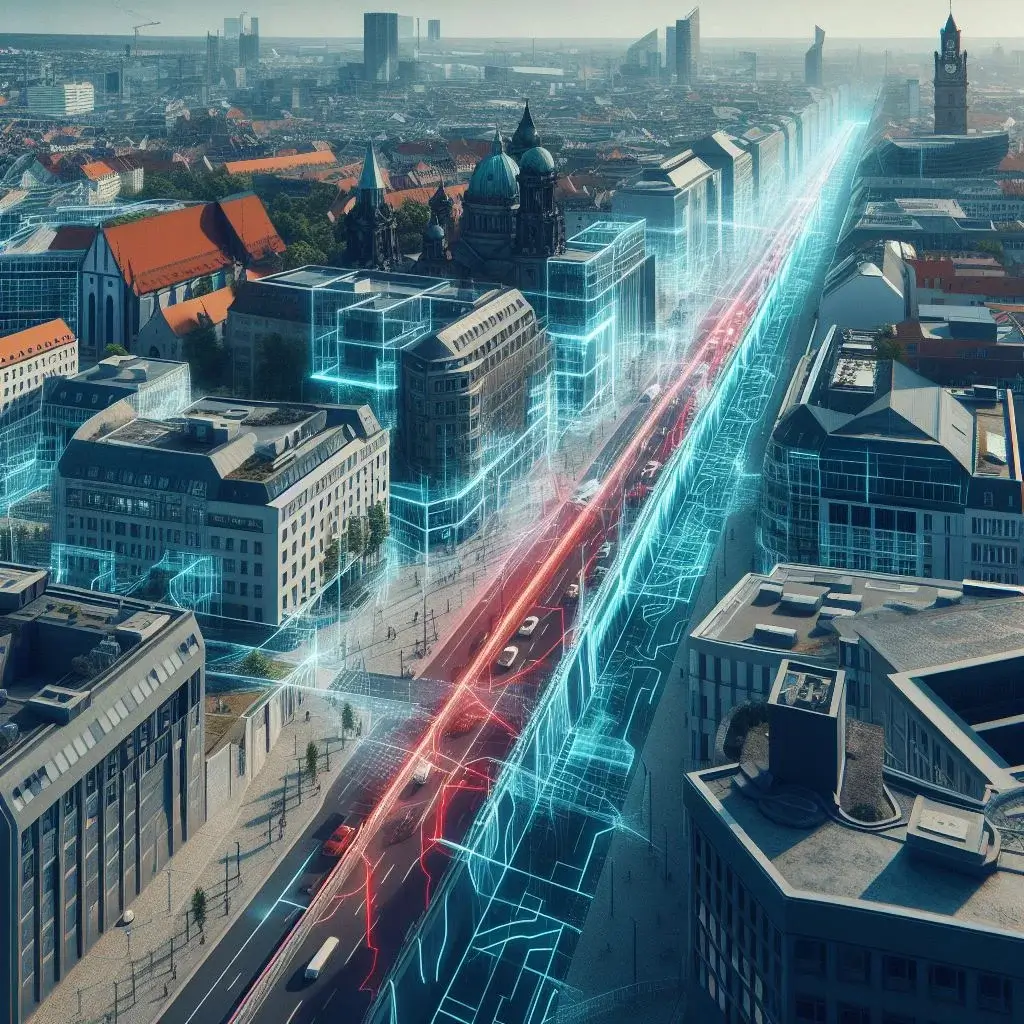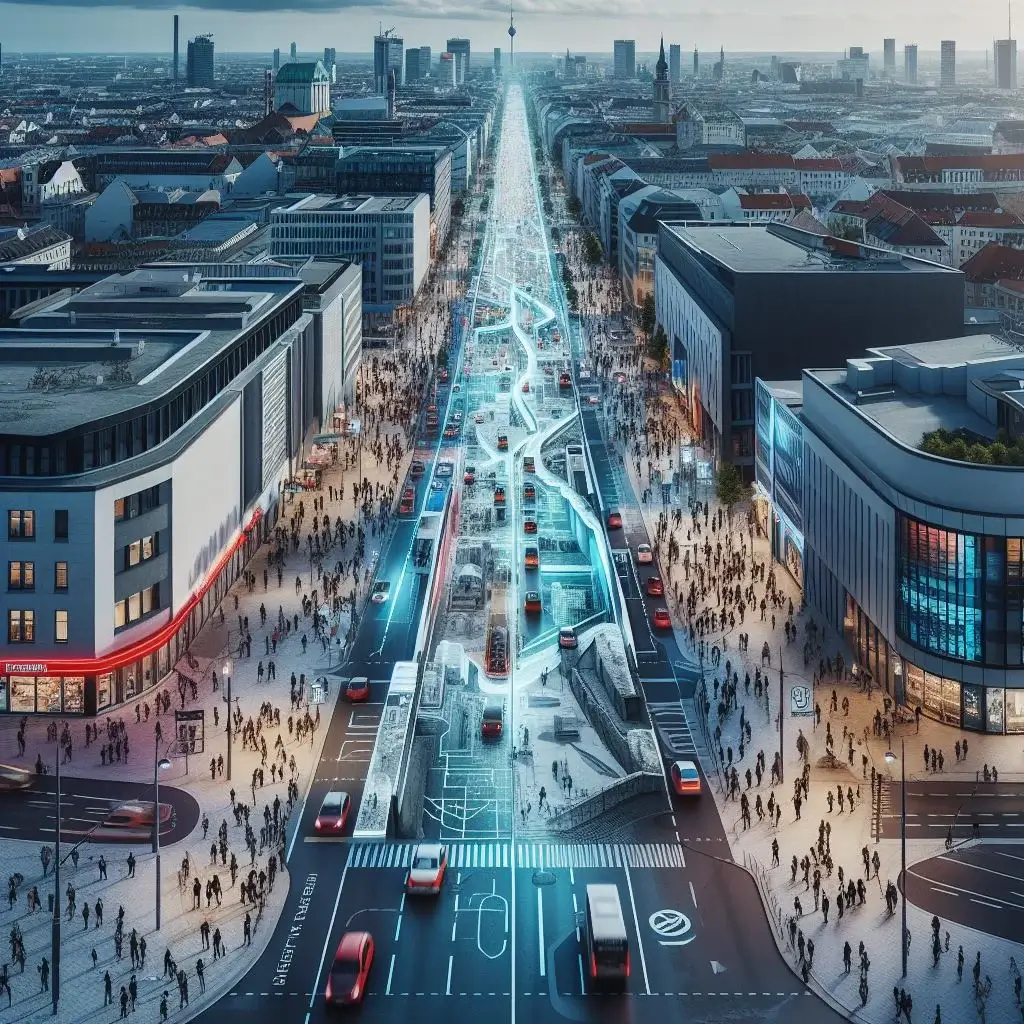The Berlin Wall: Echoes of the Past and the Unyielding Present

antonfoek
1. The Fall of the Wall: A Triumph of People Power
The year was 1989, and the world watched in awe as the Berlin Wall crumbled. East German communism, once an ironclad fortress, now lay in ruins. Crowds stormed the Dresden headquarters of the Stasi, the notorious secret police, rendering them powerless. But amidst this euphoria, a small group faced off against another formidable adversary—the KGB, the Soviet secret service. The KGB officer’s chilling words—“Moscow is silent”—would haunt him and shape the destiny of a young agent named Vladimir Putin.

2. Putin’s Formative Years in East Germany
Vladimir Putin arrived in Dresden in the mid-1980s, a KGB operative stationed in the heart of the German Democratic Republic (GDR). The GDR, a communist state carved out of post-Nazi Germany, teemed with Soviet military and spies. For Putin, this was a pivotal moment—a crucible where he honed his understanding of power dynamics, espionage, and the fragility of political elites. His experiences in Dresden would forever influence his vision for Russia.
3. Lessons Learned: The Anatomy of Power and Vulnerability
Putin’s time in East Germany imprinted indelible lessons. He witnessed how people power could topple even the mightiest institutions. The fall of the Berlin Wall underscored the vulnerability of political elites. The phrase “Moscow is silent” echoed in his mind, a stark reminder that leaders could be swept away by the tide of change. Putin’s ambition crystallized—to build a powerful network, accumulate personal wealth, and safeguard Russia against upheaval.

4. The Wall’s Ghost: A Noisy Neighbor
Fast-forward to today. As Putin navigates global politics, the specter of the Berlin Wall looms. The reunification of Germany, facilitated by the Two Plus Four Agreement, seemed irreversible. But could history repeat itself? Some whisper that Putin’s departure from the 2 + 4 Germany contract might resurrect old tensions. Yet, he remembers the KGB officer’s warning. Moscow must never be silent again. The Berlin Wall may not rise physically, but its memory fuels Putin’s resolve—a noisy neighbor, vigilant against complacency.
Conclusion: Beyond Walls and Borders
The Berlin Wall stands as more than concrete and barbed wire. It symbolizes division, resilience, and the human spirit’s yearning for freedom. As we reflect on its fall, let us remember that walls crumble, but ideas endure. Putin’s journey—from Dresden to the Kremlin—teaches us that leadership demands vigilance, adaptability, and empathy. The Berlin Wall may remain a relic, but its lessons echo across time. Let us build bridges, not barriers, and forge a world where “Moscow is never silent.” 🌍🔊

